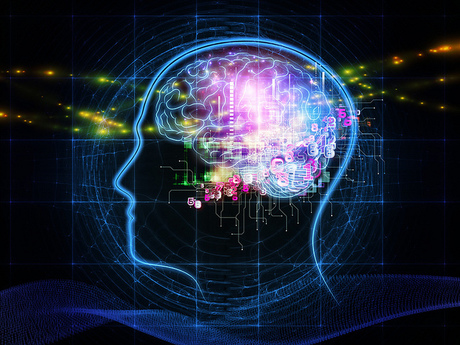Tech leaders found $1bn OpenAI organisation

A group of technology industry tycoons and companies, including PayPal’s successful co-creators, has jointly formed a non-profit organisation dedicating to advancing AI in ways that most benefit humanity.
The OpenAI organisation will be devoted to developing “digital intelligence in the way that is most likely to benefit humanity as a whole, unconstrained by a need to generate financial return”, according to the organisation.
Founding members include Tesla and SpaceX founder Elon Musk, Palantir co-founder Peter Thiel, LinkedIn co-founder Reid Hoffman and companies including Amazon Web Services and Infosys.
Thiel, Hoffman and Musk are the co-founders and early employees of PayPal who have gone on to found a number of other successful companies.
In a letter introducing the consortium, OpenAI CTO and Stripe founder Greg Brockman and research director Ilya Sutskever, a Google machine learning expert, said the research will be free from financial obligations to help better focus on having a positive impact for humanity.
“We believe AI should be an extension of individual human wills and, in the spirit of liberty, as broadly and evenly distributed as possible,” they wrote.
OpenAI researchers will be strongly encouraged to publish their work for others to learn from, and any patents developed by the organisation will be shared with the world.
“Because of AI’s surprising history, it’s hard to predict when human-level AI might come within reach. When it does, it’ll be important to have a leading research institution which can prioritise a good outcome for all over its own self-interest.”
Private AI: from sovereignty obligation to business advantage
Private AI makes innovation sustainable in environments where regulatory scrutiny, customer...
ROI doubts and data gaps erode Australian tech leaders' decision confidence
Industry confidence is in decline as technology leaders grapple with the intangibility of...
Rethinking cyber defences in the age of continuous threat exposure management
Continuous threat exposure management turns compliance from a snapshot into an ongoing process of...




